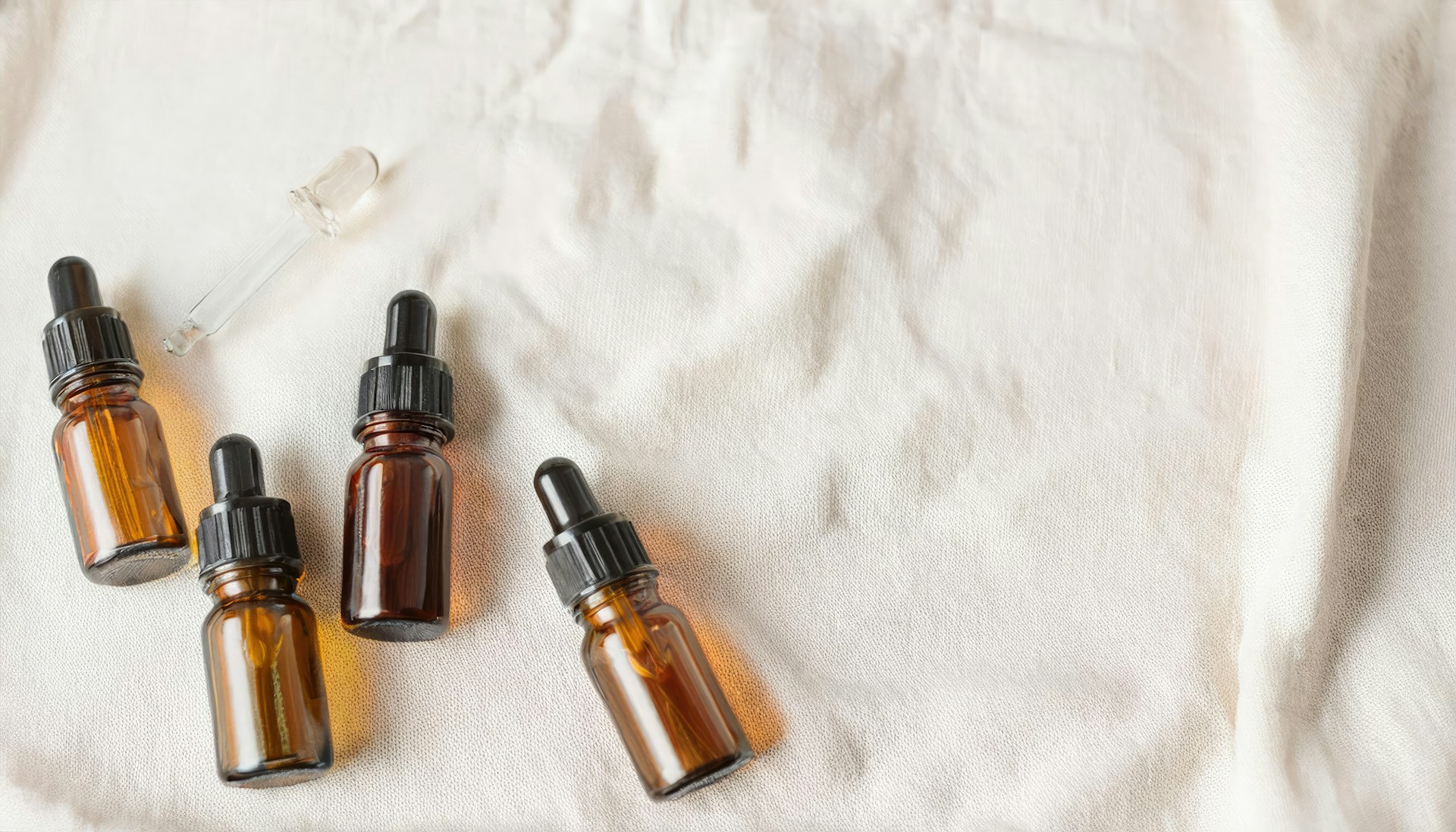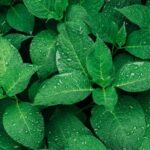Ragweed allergies are a common nuisance for many, especially during the fall season in Utah. As the leaves change color, the pollen count rises, leaving many residents sniffling and sneezing. These allergies occur when your immune system mistakenly treats harmless pollen from ragweed plants as a threat. This triggers a range of symptoms that can make life quite uncomfortable.
Herbal supplements can be a natural route to finding relief from these pesky symptoms. While traditional medications can help, some people prefer alternative options that might feel gentler on their systems. By incorporating the right herbs into your routine, you could experience less irritation and enjoy the autumn season more comfortably. Let’s explore some of these herbal allies and how they can become part of your daily life.
Understanding Ragweed Allergies
Ragweed allergies develop when your body’s defenses overreact to pollen produced by ragweed plants. These plants are especially common in rural areas but can be found in many environments, leading to widespread issues during their peak season. When pollen enters your nasal passages, it prompts your body to release chemicals like histamines, which cause allergy symptoms.
Common symptoms include:
– Sneezing
– Runny or stuffy nose
– Itchy eyes, nose, and throat
– Cough and wheezing
These symptoms can be severe for some individuals, affecting daily activities and enjoyment of outdoor spaces. In Utah, the dry climate can amplify these reactions, as wind carries pollen around easily, increasing exposure. Knowing what triggers these reactions helps in managing them better.
Top Herbal Supplements for Ragweed Allergy Relief
When considering herbal supplements for allergies, it’s crucial to pick the ones that target allergy symptoms effectively. Here’s a list of herbs known for providing relief:
1. Butterbur:
– Benefits: Butterbur is praised for its anti-inflammatory properties. It’s often used to reduce nasal congestion and other respiratory issues tied to allergies.
– Usage: Found in capsule form, it’s easy to add to your daily routine.
2. Quercetin:
– Properties: Quercetin acts as a natural antihistamine, soothing allergic reactions without drowsiness.
– Sources: This flavonoid is present in apples, onions, and tea, or can be taken as a supplement.
3. Stinging Nettle:
– Effectiveness: Known for reducing inflammation, stinging nettle may help minimize the impact of allergy symptoms like sneezing and itching.
– Forms: Available as tea or capsules for easy consumption.
4. Tinospora Cordifolia:
– Role: Often used in traditional medicine, this herb is thought to boost immunity, potentially lowering the severity of reactions.
– Administration: Add it as a supplement or in a powdered form to smoothies.
5. Spirulina:
– Contribution: This blue-green algae is believed to combat allergic inflammation, easing symptoms.
– Incorporation: Add it to juices or take it in pill form.
Integrating these herbs into your lifestyle could aid in managing allergies more naturally, giving you control over troublesome symptoms.
Incorporating Herbal Supplements into Your Daily Routine
Adding herbal supplements to your routine doesn’t have to be a chore. Starting small and gradually incorporating these herbs can ease you into a healthier lifestyle. Here are some tips to help you begin:
– Start Slow: Begin with one supplement at a time to see how your body reacts. It’s wise to slowly increase the dosage as you become more comfortable.
– Mix It In: Blend powdered supplements like spirulina into your morning smoothie or yogurt for a nutritional boost without altering the flavor too much.
– Stick to a Schedule: Setting reminders to take your supplements can help establish consistency, making them a natural part of your routine.
For example, try taking butterbur capsules with your breakfast, quercetin before lunch, and a calming nettle tea in the evening. This spread ensures you address allergy symptoms throughout the day. Additionally, read the labels on your herbal products to check for dosage recommendations or consult a healthcare professional if you’re unsure.
Additional Tips for Managing Ragweed Allergies
While herbal supplements are beneficial, combining them with other natural methods can provide even greater relief from ragweed allergies. Here are some extra steps you can take:
– Monitor Pollen Levels: Stay indoors on days when pollen counts are high. Local weather channels often provide this information.
– Create a Home Sanctuary: Use air purifiers to reduce airborne allergens in your home. This is especially useful in bedrooms and living areas.
– Keep It Clean: Regularly wash your clothes and shower after being outdoors to remove pollen from your skin and hair.
Adopting these practices alongside herbal supplements can keep allergy symptoms at bay. By making small adjustments, you significantly reduce your pollen exposure and enhance your comfort during the allergy season.
Feeling Better with Herbal Supplements in Utah
It’s encouraging to see the positive impact of herbal supplements when managing ragweed allergies. By sticking to a consistent regimen and integrating complementary practices, you can enjoy daily life with fewer interruptions from allergies. A simple morning routine, a mindful diet, and attention to your environment contribute to your overall well-being.
Living in Utah, the stunning natural beauty can be appreciated even more when you’re not bogged down by allergies. By making these small changes, you can savor the vibrant fall colors and crisp air without excessive sneezing or discomfort. This new approach to managing allergies might be your key to a more enjoyable and active autumn.
As you continue exploring the benefits of herbal supplements for allergy relief, consider incorporating good herbal supplements into your routine for natural support. My Herbal Roots provides insights on making smart choices for your health, helping you enjoy each season in Utah without the constant worry of allergy symptoms.














